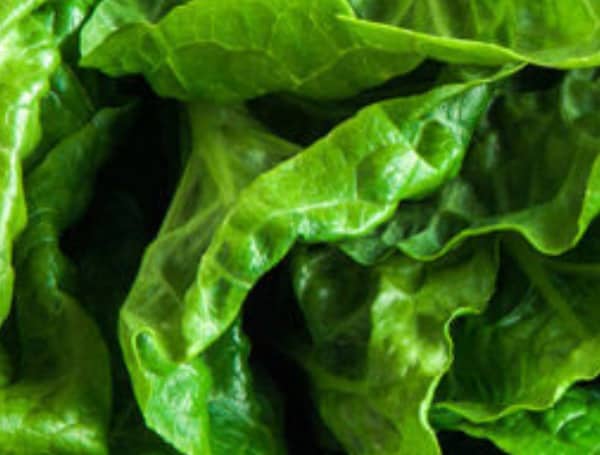CDC and state and federal public health and regulatory officials are working to identify the food source of a newly identified multistate outbreak of coli O157:H7 infections.
16 illnesses have been reported from 5 states: Arkansas (6), New York (1), Oklahoma (5), Virginia (2), and Washington (2). Many of the illnesses have been severe. Among 12 people with information available, 9 have been hospitalized. Three people developed kidney failure. One death has been reported from Washington.
The strain causing this outbreak has previously caused other illnesses linked to a variety of contaminated foods and water, including romaine lettuce and recreational water.
Public health officials are interviewing sick people to find out what they ate the week before their illness started.
- Call your healthcare provider right away if you have any of these severe coli symptoms:
- Diarrhea and a fever higher than 102°F
- Diarrhea for more than 3 days that is not improving
- Bloody diarrhea
- So much vomiting that you cannot keep liquids down
- Signs of dehydration, such as:
- Not urinating (peeing) much
- Dry mouth and throat
- Dizziness when standing up
- If you have any coli symptoms (mild or severe), help CDC solve this outbreak by reporting your illness to your local health department and answering their questions about your illness and the foods you ate before you got sick.
- Follow food safety steps to prevent getting sick from coli.
About E. coli:
- Most people infected with Shiga toxin-producing coli experience severe stomach cramps, diarrhea (often bloody), and vomiting.
- Symptoms usually start 3 to 4 days after swallowing the bacteria.
- Most people recover without treatment after 5 to 7 days.
- Some people may develop a type of kidney failure (hemolytic uremic syndrome, also called HUS) and would need to be hospitalized.
- Antibiotics are not recommended for patients with suspected coli infections until diagnostic testing can be performed and E. coli infection is ruled out.
- For more information, see the coli Questions and Answers page.
If you have questions about cases in a particular state, please call that state’s health department.

